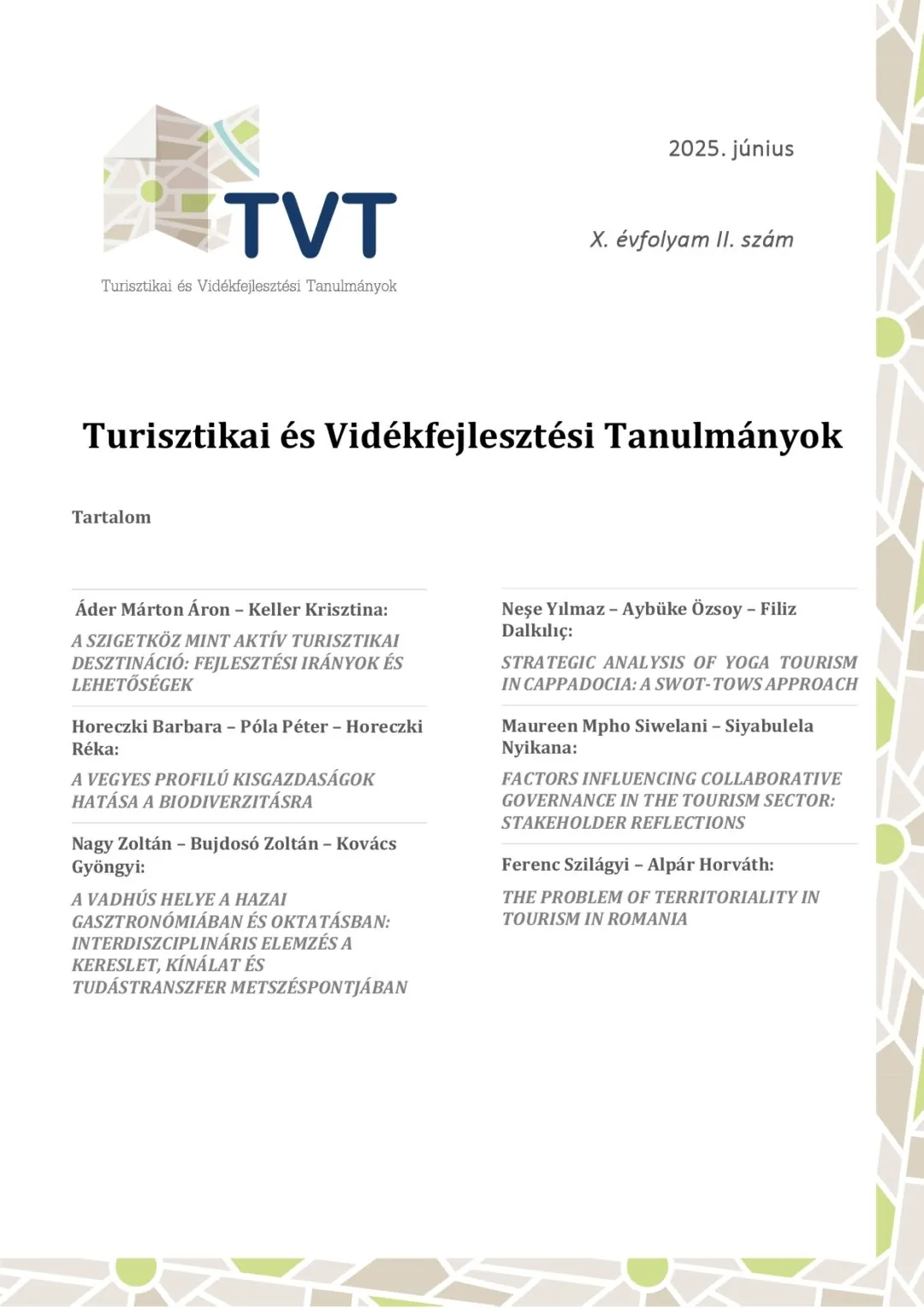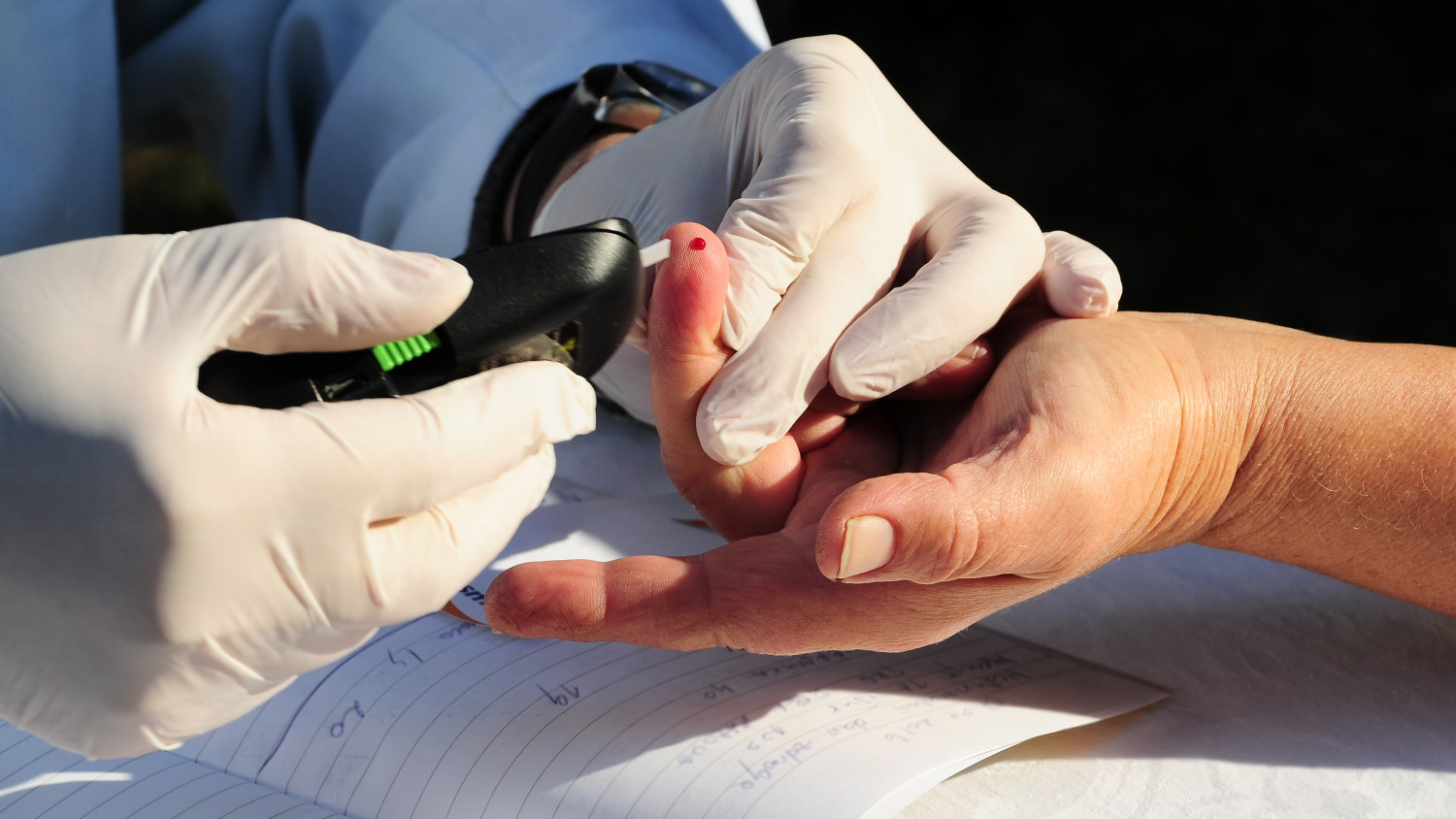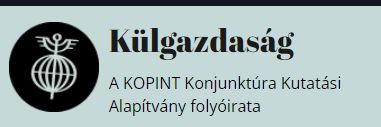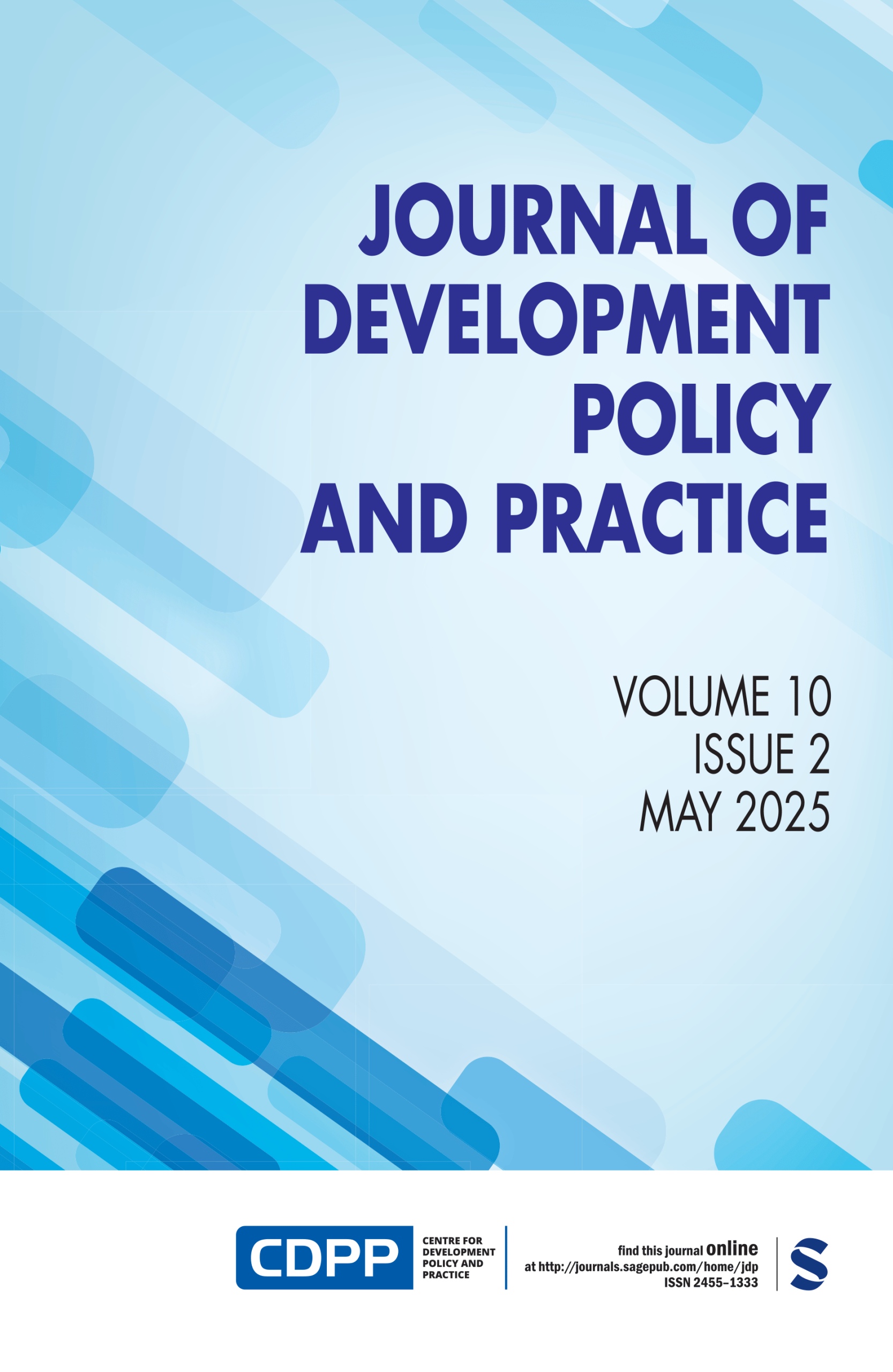Az előadásra hibrid formában kerül sor zoom felületen, illetve személyesen a T 4.23-as KTI szemináriumi szobában 2024.02.08-án, 13.00 órától.
Előadó: Tóth Gergő
Cím: Antidepressant Use and Spatial Social Capital
Abstract: Social capital may help individuals maintain their mental health. Most empirical work based on small-scale surveys finds that bonding social capital and cohesive social networks are critical for mental well-being, while bridging social capital and diverse networks are considered less important. Here, we link data on the antidepressant use of 277,344 small-town residents to a nation-wide online social network. The data enable us to examine how individuals’ mental healthcare is related to the spatial characteristics of their social networks including their strong and weak ties. We find that, besides the cohesion of social networks around home, the diversity of connections to distant places is negatively correlated with the probability of antidepressant use. Spatial diversity of social networks is also associated with decreasing dosage in subsequent years. This relationship is independent of the local access to antidepressants and is more prevalent for young individuals. Structural features of spatial social networks are prospectively associated with depression treatment.
Short bio: Gergő Tóth completed his bachelor’s degree at Eötvös Loránd University’s ELTEcon program, then received his MA degree from Central European University. He received a Ph.D. from the University College Dublin’s Spatial Dynamics Lab. In his thesis, he studied the role of network robustness on the economic resilience of regions. For the time being he is a postdoctoral researcher at Umea University’s CERUM Lab and a junior research fellow at the Centre for Economic and Regional Studies









